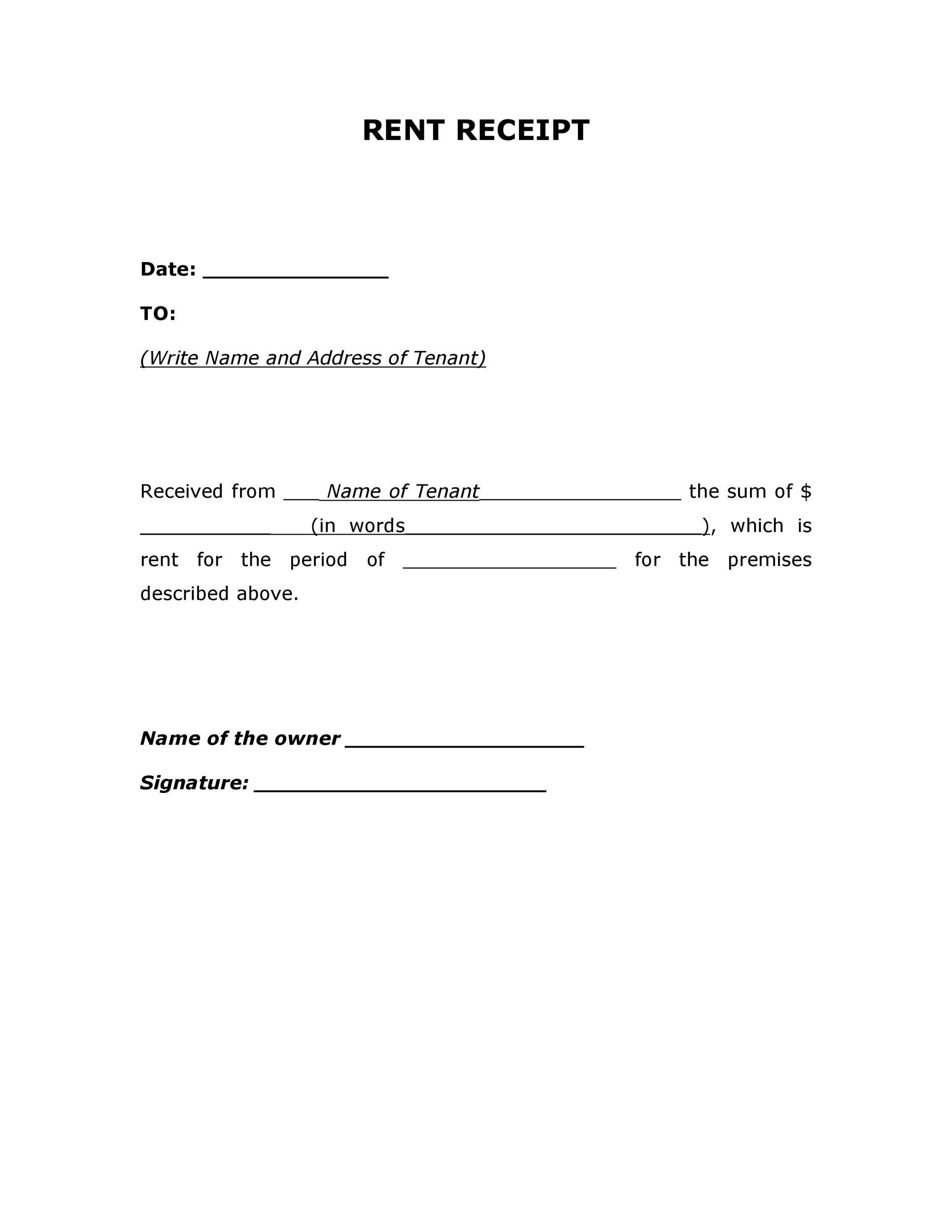Rent receipts may seem just like a little depth in the rental method, but they hold significant importance for tenants. Whether you are hiring your first house or managing numerous leases, understanding how to write a rent receipt can help you stay organized, protect your rights, and ensure smooth economic transactions.
What Is really a Rent Receipt?
A Rent Receipt is just a easy file provided by your landlord or home manager that confirms you have paid your Rent for a particular period. It on average involves the tenant's title, cost total, date, and sometimes the cost method. Having a Rent Receipt serves as proof your Rent has been compensated, which is often vital in handling disputes or maintaining apparent financial records.

Why Must Tenants Hold Rent receipts?
Proof of Cost: Rent receipts protect you if there's actually a disagreement about whether you compensated your rent. They become undeniable evidence.
Budgeting and Record-Keeping: receipts assist you to track your hire expenses, creating budgeting simpler and more accurate.
Rental History Proof: When applying for potential housing or loans, Rent receipts can function as proof of your reliable payment history.
Tax Applications: In some instances, Rent receipts might be essential for duty deductions or reimbursements, specifically for business-related rentals.
What Must a Rent Receipt Include?
An effective Rent Receipt frequently contains:
Tenant's full name
Landlord or house manager's name
Rental home handle
Payment date
Amount compensated
Cost strategy (cash, check, electric transfer)
Time the Rent addresses (e.g., July 2025)
Landlord's signature or electronic affirmation
How exactly to Request a Rent Receipt
If your landlord doesn't provide receipts immediately, do not wait to ask. You are able to request them in publishing or via email. Several landlords now offer digital receipts for included convenience and simple record-keeping.
Advantages of Maintaining Your Rent receipts Safe
Keeping your Rent receipts—whether electronically or physically—assures you have accessibility in their mind when needed. That habit can reduce misconceptions, support your tenant rights, and create satisfaction through your hire journey.
In conclusion, Rent receipts are an essential tool for tenants that provide visibility, protect your pursuits, and simplify your financial management. By knowledge their importance and keeping them structured, you'll make your letting experience easier and more secure.
